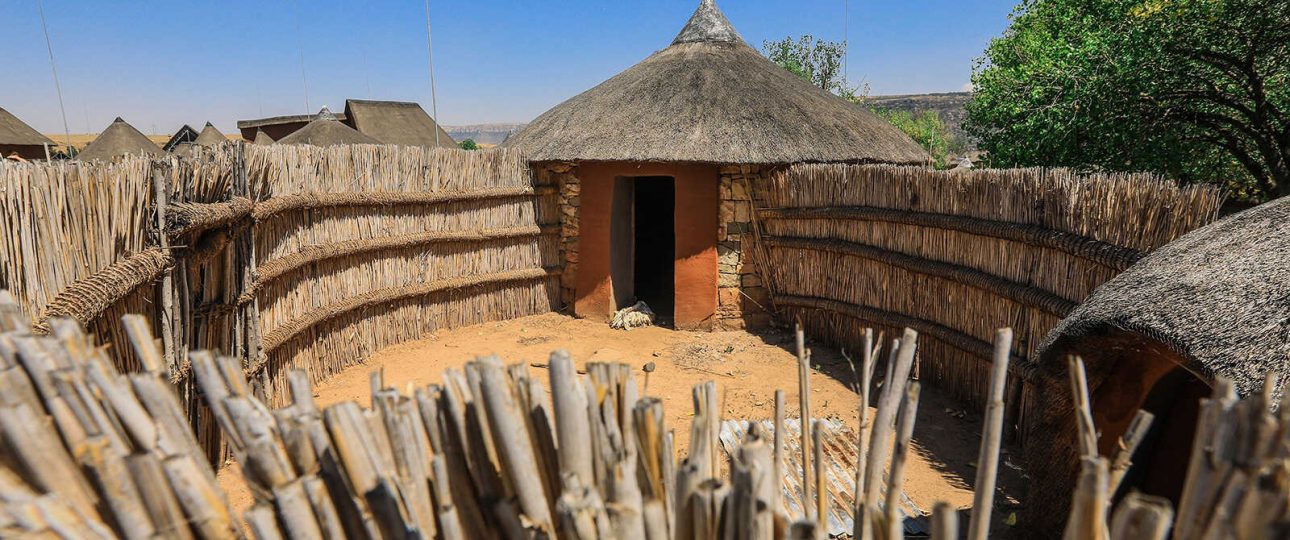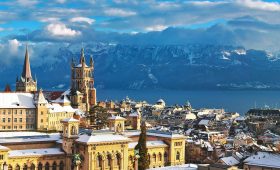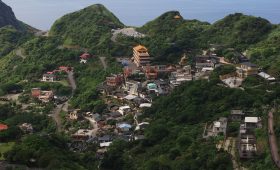Thaba Bosiu Cultural Village: A Journey Through History
Thaba Bosiu Cultural Village in Lesotho offers a deep dive into the country’s culture. Located on a flat-topped mountain, this site was once the stronghold of Moshoeshoe I, the founder of the Basotho nation. The village is a testament to the resilience and unity of the Basotho people, making it a significant historical landmark.
Historical Significance
In 1824, Moshoeshoe I and his followers settled on the Thaba Bosiu plateau after fleeing the Difaqane/Mfecane Wars. The mountain, rising about 106 meters from the surrounding valley, provided a natural fortress with its steep cliffs and limited access points. Moshoeshoe named it “Thaba Bosiu,” meaning “Mountain at Night,” as they arrived under the cover of darkness. The site became the capital of the Basotho nation and a center of resistance against European encroachment.
Thaba Bosiu’s strategic location and Moshoeshoe’s leadership allowed the Basotho to withstand attacks from various forces, including Mzilikazi and the Boers. The mountain’s reputation for growing larger at night was a clever tactic to intimidate enemies. Despite a prolonged siege by the Boers in 1865, the mountain remained unconquered, leading to a treaty in 1866 where the Basotho surrendered cattle and land due to starvation.
Exploring the Village
Visitors to Thaba Bosiu Cultural Village can explore remnants of stone buildings and traditional huts that offer a glimpse into the past. The site also features San rock art and several springs and passes, with Khubelu Pass being the most notable. Engaging with the local community provides insights into Basotho customs and traditions.
Traditional Dances and Music
Experience the vibrant culture of the Basotho through traditional dances and music. Performances often include rhythmic drumming and melodic songs that invite participation. These cultural expressions are a highlight for many visitors.
Arts and Crafts
The village is home to skilled artisans who create handcrafted items such as woven baskets and colorful textiles. Purchasing these unique souvenirs supports the local economy and helps preserve traditional craftsmanship.
Culinary Experiences
Sample traditional Basotho cuisine, including dishes like pap and slow-cooked lamb. These meals offer a taste of the local flavors and are an essential part of the cultural experience at Thaba Bosiu.
Best Time to Visit
The ideal time to visit Thaba Bosiu Cultural Village is during the dry season from March to October, when the weather is mild and the landscape is lush. For those interested in cultural festivals, consider visiting in November or December.
Getting There
Thaba Bosiu Cultural Village is situated in the Berea District, about a 30-minute drive from Moshoeshoe I International Airport in Maseru. Visitors can hire a taxi or rent a car for the journey.
Local Transportation
Exploring the village on foot is recommended to fully appreciate its historical and cultural significance. For travel beyond the village, consider hiring a local guide or using public transportation options like minibus taxis.




